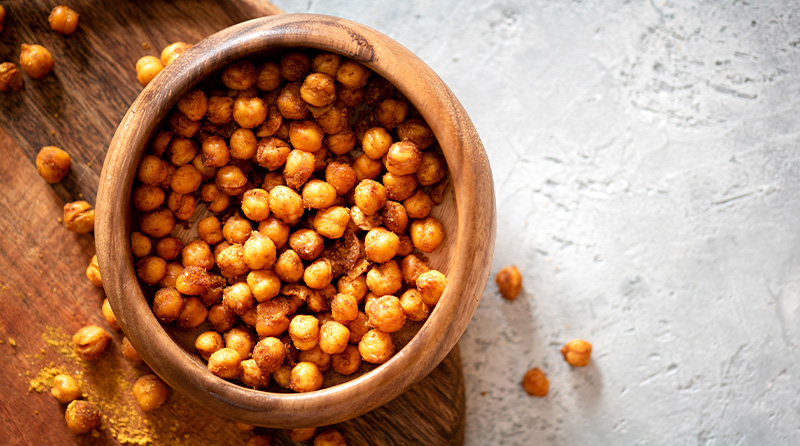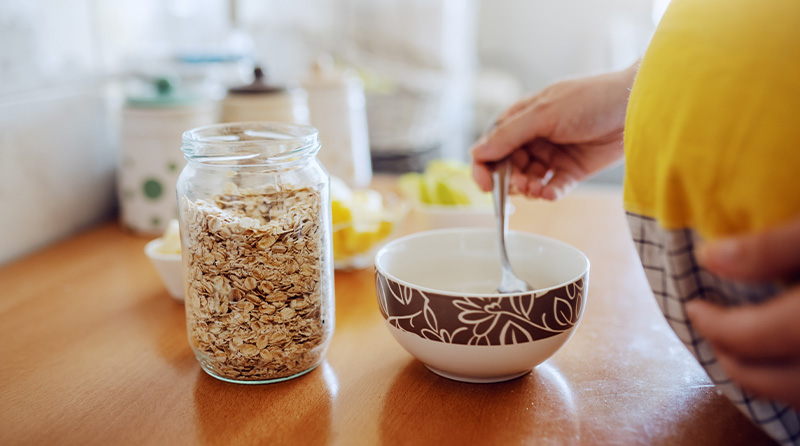Your baby’s brain development begins right from pregnancy itself and continues over time until he is a young adult. As a parent, you have a significant role to play in the development. Let’s see how you can contribute.

What does your baby’s brain consist of?
Your baby’s brain is complex, made up of several areas that control his body’s functioning. From your baby’s motor movements to his emotional responses, the brain has a role to play. Simply put, neurons in the brain create pathways or connections that develop at a very quick pace. This is especially the case during the initial years of your baby’s life, making it crucial for the parents to ensure that they can help the development.
How can you contribute?
Given that your baby’s brain begins to develop in uterus itself, you can help your baby along by reading to him. Studies indicate that reading to the baby in the womb is beneficial.
At birth, the neural connections are still developing and your baby now needs you more than ever. Ensure you create a routine around your little one’s day that involves plenty of playing, reading and constantly speaking with him. This will help develop the brain as your baby grows.
Provide your little one with a stable, loving home environment in which he can flourish. When he sees positive relationships around him, he will respond in a similar manner. This will destress the baby’s brain and enhance his physical and mental health.

What helps your baby’s brain development?
A baby thrives on interaction with his family and as his mother, you are the one person he is connected to well before birth. Use this time with the baby to engage him in simple activities and games. Give him plenty of tummy time to strengthen his body, especially the head and neck muscles. You do not need fancy equipment or toys to entertain your baby. Peek-a-boo is a baby’s favourite and can be played right into toddlerhood. All of these help in developing his brain which is rapidly learning and absorbing all new influences.
Do make sure that your baby is getting good, nourishing food. Eat local and fresh for the baby to derive maximum benefit.
A word of caution when it comes to screen time. While it is easy to place the baby in front of the TV while you try to get some work done, know that it is not at all recommended. It can prove detrimental to his sensitive, developing brain. Instead, keep your baby occupied with singing to him, interacting as you go about your chores
and making eye contact with him. Cooing and smiling at the baby are comforting to him and makes him feel safe – all conducive to brain development.

Your takeaway
Help your little one to explore his surroundings and gain new experiences. Encourage him to respond to smells, sounds and touch, and keep his environment safe and stress-free. All of this contributes to his brain development.






































